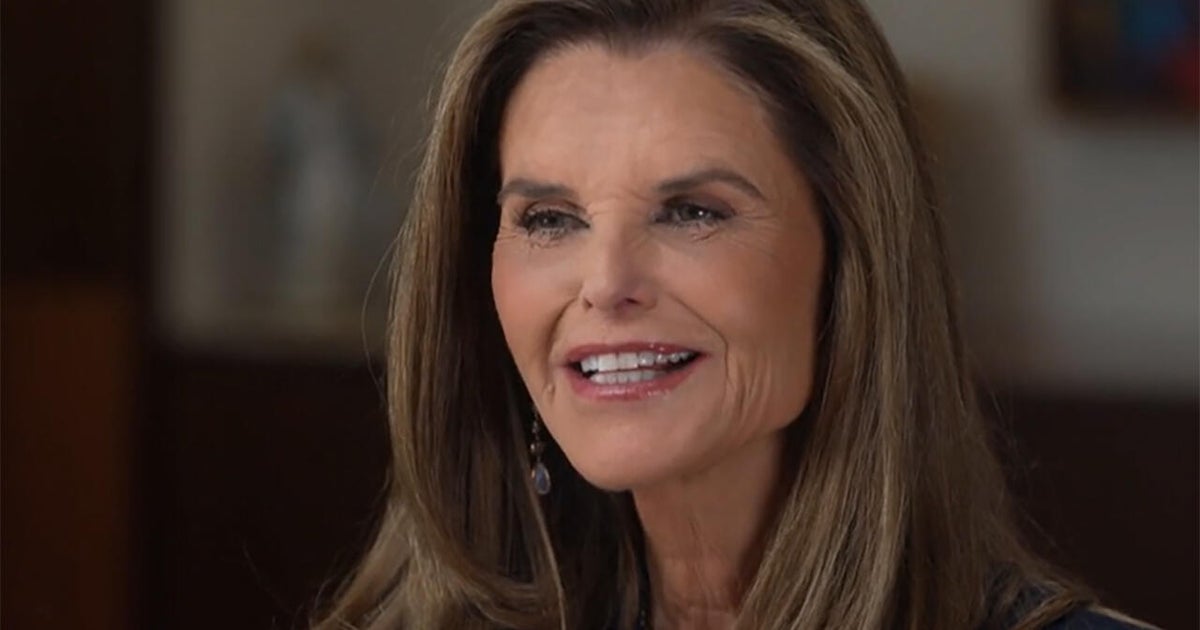Faith-based travel is rebounding faster than other kinds of tourism: "Our faith makes us bold"
With the onset of the Omicron variant, many people are once again anxious about travel. But according to travel experts, faith-based travel has recently been rebounding faster and stronger than other kinds of tourism.
The coronavirus pandemic forced the Catholic Church to cancel its annual pilgrimage in 2020. But this year, religious travelers from all over the world have traveled to Rome and Jerusalem.
The pilgrimage is so spiritually significant that it's worth the risk of COVID, according to Andy Craig who traveled from Washington, D.C.
"Christians have been coming to the Holy Land for thousands of years in far more dangerous conditions," Craig told CBS News' Chris Livesay.
In the Middle Ages, dangers ranged from marauders to the plague. Today, there is a pandemic — an obstacle, but one worth facing, said Father Roger Landry.
"For Christians, our faith makes us bold," Landry said.
That boldness makes pilgrims some of the most reliable travelers in the industry, taking 300 million trips each year — a quarter of all international tourism, according to the U.N.
According to John Hale, the president of a leading travel company, no matter the catastrophe, the faithful traveler is a faithful customer.
"In the years following September 11, it was definitely the faith-based traveler who came back the quickest and we're seeing that again following the pandemic," Hale said.
Travelers like Marisa Acosta, who is visiting Rome from Texas with her mother, told CBS News that nothing could stop her from going after COVID-19 nearly killed her mom, Timotea Loredo.
"We have both vaccines, even the booster. I guess after seeing her almost die, we are so grateful. We're just celebrating life. What else can we lose?" Acosta said.
No matter how bold the pilgrim, there are limits. The U.S. State Department has issued an advisory recommending that Americans avoid all travel to Italy as COVID-19 cases continue to spike.



